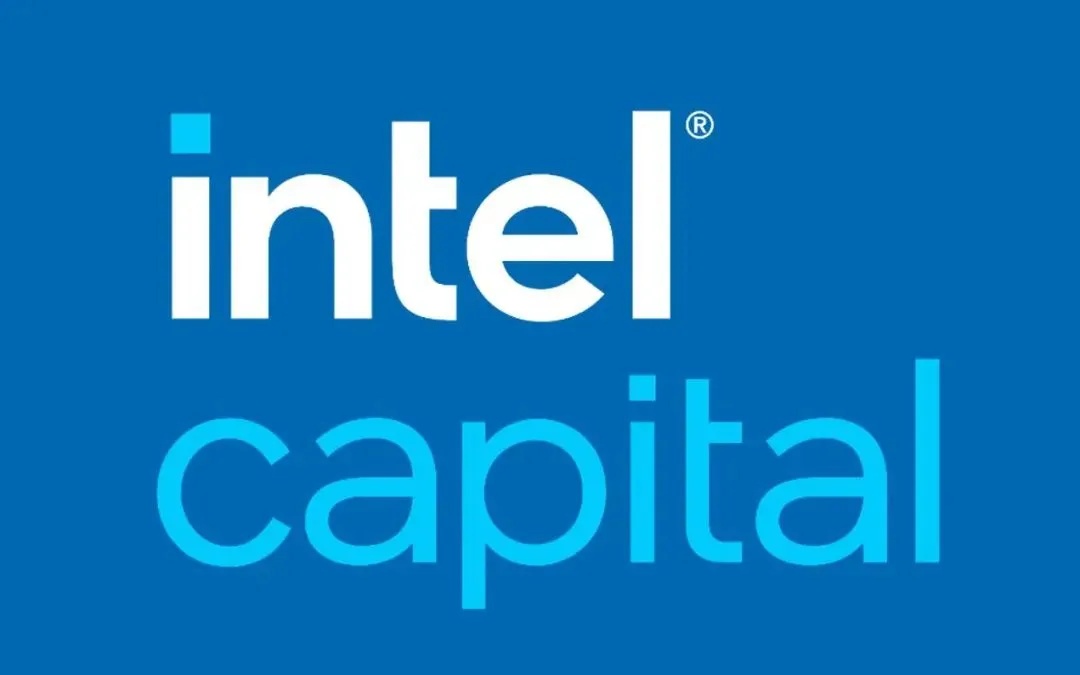TMTPOST -- Intel announced on Tuesday its plans to spin off Intel Capital, the company’s venture capital arm, into an independent entity. This move marks another step in the chipmaker’s efforts to streamline operations amid mounting challenges and market shifts.
Intel Capital, with an asset under management (AUM) of $5 billion, has traditionally been fully funded by Intel. As a standalone firm, it will gain the ability to raise capital from external investors, the company said.
The announcement comes as Intel grapples with the aftermath of its most challenging year on the stock market since going public in 1971. The company has made a series of operational missteps and suffered from significant market share losses. To address these challenges, Intel has embarked on a cost-cutting drive and restructured its operations, even as it invests heavily in advanced chip manufacturing and seeks to rejuvenate its PC chip division.
In December, Intel replaced CEO Pat Gelsinger after a tumultuous four-year tenure. He was succeeded by interim co-CEOs David Zinzner and Michelle Holthaus. Under Gelsinger’s leadership, Intel had sold or closed several smaller divisions and implemented layoffs as part of its cost-cutting initiatives.
Intel is also in the process of spinning off other businesses. Altera, a company specializing in FPGA chips, is set to become a publicly traded entity. Intel retains a majority stake in Mobileye, the Israel-based developer of self-driving technologies. Additionally, Intel has taken steps to establish its foundry business as an independent unit, including the appointment of a dedicated board of directors.
The company said Intel Capital’s existing workforce will transition to the new independent firm, which is expected to launch in the second half of 2025. Intel did not disclose specific plans for the firm’s leadership or whether it will retain the Intel Capital name.
Founded in 1991, Intel Capital was one of the first venture arms established by a major corporation, a model that has since been widely adopted by companies such as Google, Microsoft, Salesforce, Unilever, and BMW. Notably, Comcast, the parent company of CNBC’s owner NBCUniversal, founded its venture arm, Comcast Ventures, in 1999.
While Intel Capital was a pioneer in corporate venture capital, it is not the first tech company to spin off its investment arm. SAP transitioned its SAP Ventures into an independent entity, now known as Sapphire Ventures, in 2011.
Corporate venture capital peaked in 2021, with firms in the sector raising $156 billion and participating in nearly 3,800 deals, according to the National Venture Capital Association. However, the broader venture capital market has since experienced a significant slowdown due to rising interest rates starting in 2022.
Intel Capital Divesting its Holdings in Chinese Startups
By spinning off Intel Capital into an independent firm, Intel aims to unlock greater flexibility for the investment arm while focusing on its core business of semiconductor innovation.
Meanwhile, the U.S. Department of the Treasury's Final Rule on outbound investment screening went into effect on January 2, 2025. The Final Rule targets U.S. investment in Chinese or Chinese-owned companies involved in the semiconductors and microelectronics, quantum information technologies and artificial intelligence sectors.
The rule prohibits U.S. persons from engaging in certain transactions and requires notification for other transactions, targeting a defined set of technologies and products that may contribute to the threat to U.S. national security. U.S. persons are expected to comply through a reasonable and diligent transactional due diligence and compliance process.
Since entering China’s market in 1998, Intel Capital has built an extensive portfolio including numerous Chinese tech firms. Intel Capital held equity stakes in 43 Chinese tech startups, including 16 AI companies and 15 semiconductor firms, the Financial Times reported.
However, the actual scope of Intel Capital’s investments in China may be even broader. Related statistics show that Intel Capital has invested in over 180 Chinese tech companies, with total investments exceeding $2.5 billion, making it one of the largest U.S. investors in China’s tech sector.
Its investment portfolio includes companies such as Innosilicon, AEye Technology (solid-state LiDAR), Andes Technology, Airlook (smart sensor chips), Vison Semiconductor, Prophesee (neuromorphic vision systems), Sonetronics (chip R&D), CloudThink (computing infrastructure), Analogix Semiconductor, Geek+, UniChips Semiconductor, AiChip Microelectronics, China Digital Technology Semiconductor, Verisilicon, among others.
It is evident that many of these invested companies operate in the Chinese AI and semiconductor sectors, areas of particular concern to the U.S. government.
In recent years, Intel Capital has been divesting in China. In 2023, Intel made only three investments in Chinese companies. In 2024, this number remained unchanged, with investments in Luxshare Technologies, Third Age Technology, and AI-Link.
With the implementation of the new U.S. investment restrictions, Intel Capital is forced to divest from some of these companies.
Amid escalating geopolitical tensions, many investors have chosen to reduce or suspend new investments in China. For instance, Silicon Valley firms Sequoia Capital and GGV Capital parted ways with their Chinese entities in 2024.
The final U.S. investment review rules impose restrictions on the flow of capital, technology, and talent. In terms of capital, investments in China tied to U.S. dollar funds are nearly dried up. Once they are gone, it is hard for them to return to China.

Comments